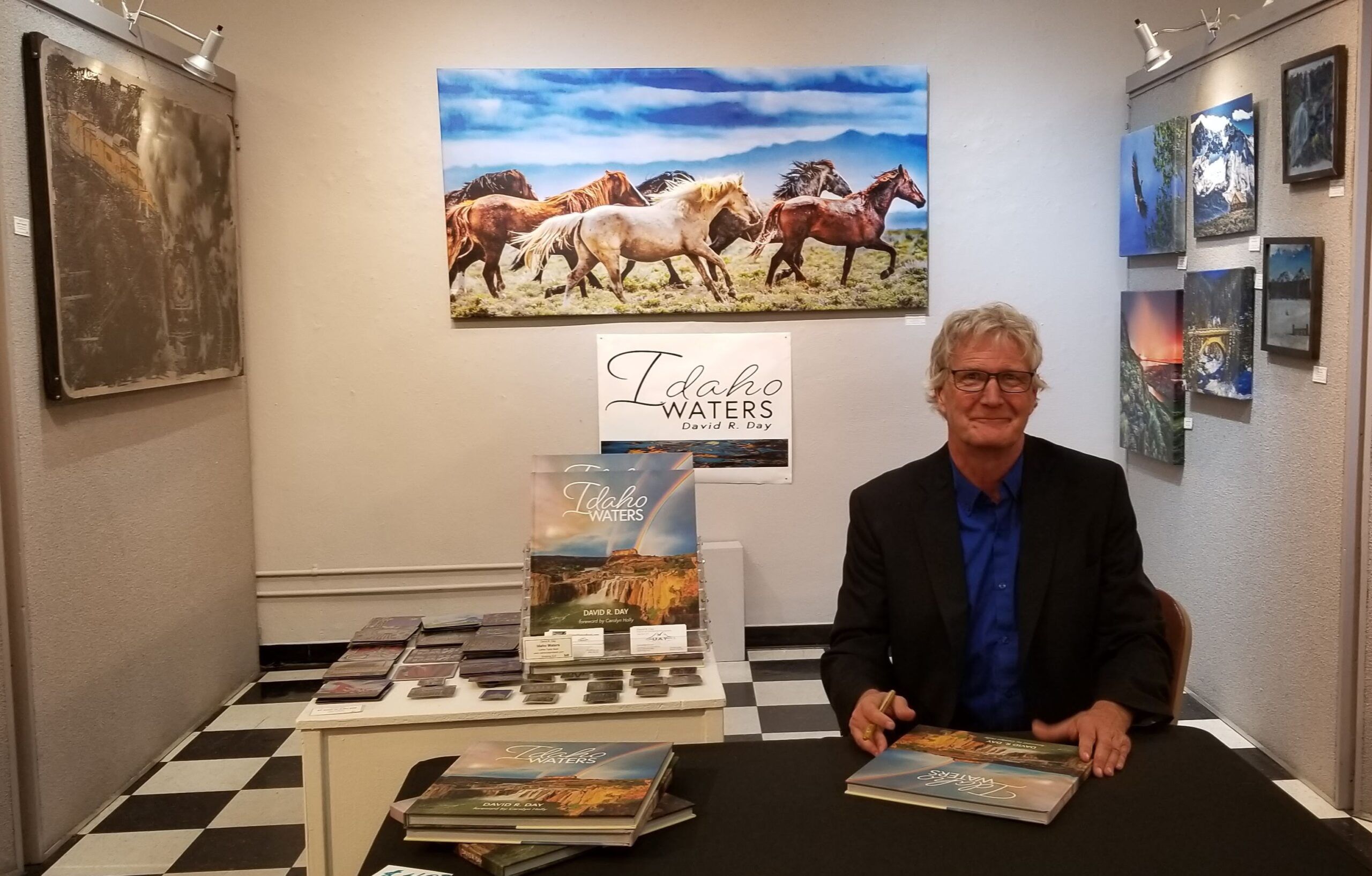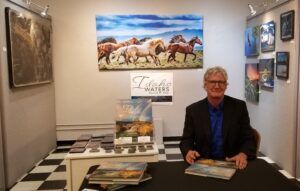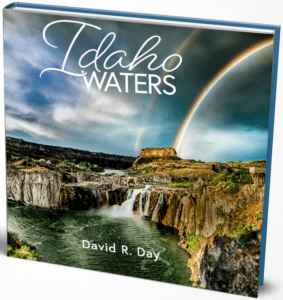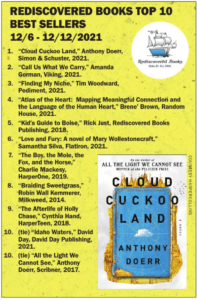
Dyslexia. For many, this label means that being an author is beyond reach.
Thankfully, that is far from the truth. I know because I have clients who are dyslexic and who are also authors. One of them is artist and commercial photographer David R. Day who has graciously agreed to share his journey to educate and encourage.

It seems as if I have always been a photographer. I was paid a little as early as high school. This continued as I pursued a more conventional business career. However, photography didn’t become my focus and livelihood until I was in my forties.
Early on, I didn’t really know the effect it was having. My bosses and I just thought that I wasn’t trying hard enough. I heard “just focus” or worse a lot. When I look back, I have always found ways to avoid words and numbers. It did lead to struggle and denial. Paperwork such as sales reports or closing statements were a challenge to say the least. I tended to lean on presentation, high verbal abilities, and a dose of charm to get by. So yes, creating photographs and art for them was easier.
Yes, many dyslexics (BTW, could they have chosen a harder word for us to describe what we deal with?) feel that they think differently. Our brains process visual clues differently. That is what leads to so much trouble with symbols like letters and numbers. We simple don’t relate to them in a way that makes reading or math easy. However, it means the daily “symbols,” the shapes of our world, such as fence lines or the sun setting can be interpreted in a way that is more alive. A rusty fender becomes a cityscape and a tree an abstract of swirling colors and shapes.
This is a challenge I am very familiar with. The simple answer is to leverage your skills and ask for help.
My book Idaho Waters has over 10,000 words. I was terrified of typos. Thankfully with good proofing and then professional line editing, it is close to prefect. At least as important is that what I had to share has been received as enjoyable, interesting, and informative.
Trust in your vision, but hire a good bookkeeper and editor. Also understand that your talent is in creating, or setting the stage, or finding a new product, maybe discovering a new, easier way to do something amazing. It may take you longer, and you may need to take a different path. And sadly, you might be misunderstood and thought of as careless or even stupid. However, your ideas can be very powerful when you have the right structure around them.
I love seeing and sharing the beauty of something. A massive, sparkling semi-trailer being loaded with hay in a farmer’s field, the sun rising on a frigid Stanley, Idaho morning. It thrills me to see my work in print or on the wall of a friend’s home.
 When did the idea of writing a book strike you, and what prompted that decision?
When did the idea of writing a book strike you, and what prompted that decision?I have always wanted to write a book, but I didn’t think it was possible. Idaho Waters was in the planning stage forever. Having extra time during the pandemic gave me the push I needed to start the production phase.
As I mention before, I was and still am terrified of typos. A former secretary described my writing as “a syntax circus.” In some ways my drafts need to be translated. Spelling is difficult when the letters dance on the page. I can mix up words (I just typed worms!) and unlike most people, when I go back over what I’ve written, mix-ups don’t stand out as being wrong.
I just had to make a leap of faith that I write well enough that the pros could get it right (or write).
I would give dyslexics the same advice I would give anyone: DO IT. The starting is the hard part. Okay, not quitting is also hard. Yes, you’ll need some help, and it’ll likely take longer and be harder than for others, but you have to believe that you have something to say. The world needs your voice, your ideas, your vision. Give it to them--one word at a time.
And get the best editor you can afford.
Powerful question. At their core both are working to evoke a response from the viewer. Visual artists use colors, shades, and shapes to convey emotion. Writers have the same goal with their words. Authors often want to create a scene in the reader’s mind. So, in many ways they are using different tools for the same end.
I see things differently. A p can be a 9, or an h, q, d, or b. Don’t get me started on six (6). Makes writing a bit tough. But I see faces in mountain ranges. Long roads tell me stories, and people’s faces reveal details others miss.
Now that you’ve heard from David, I’ll share the dilemma I faced when I received his answers to my questions. For context, I always do an editing pass on written answers I receive back from interviewees. So that was my plan with David’s.
But because this is Dyslexia Awareness Month, I wondered if it wouldn’t be better to leave his answers as he’d sent them to give non-dyslexic readers a clearer understanding of some of the common mistakes dyslexic writers make. But that felt disrespectful to David. So, what to do?
I decided to do what I always do and edit this post to be as reader friendly as possible.
The thing is, David’s responses didn’t need as much editing as you might think (which is why I considered leaving them as they were).
What I want dyslexic readers of this post to know is that while you may experience many negative effects of being dyslexic, your writing is probably far easier to read than you think. Even the best writers need editors, so I hope the fear of embarrassing yourself in front of an editor is starting to fade.
I also want my fellow editors to know that working with dyslexic clients isn’t a big deal. Yes, it takes more time and effort than working with some non-dyslexic clients, but clients come to us with different levels of writing ability. Having a diagnostic label attached to a person’s writing abilities is no reason to fear working with someone. We’re editors. We help people write better.
Update: Idaho Waters made Rediscovered Books Top 10 Best Sellers list!

David R. Day is an artist and professional commercial photographer. He seeks images that have impact, whether they’re used to sell a product or grace a home or business. Visit his website to learn more about his work and recently released book Idaho Waters.
CI Communication Strategies
2021
